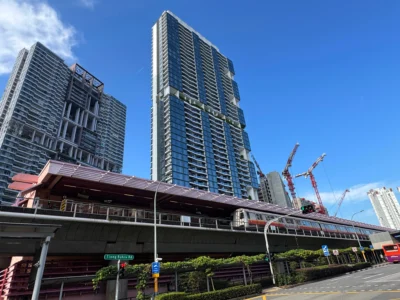Kiwis optimistic about property price rises
New Zealand residents expecting median prices to rise outweigh those expecting a decline

More than half of New Zealand residents expect the government’s rejection of the Tax Working Group’s tax report to have ramifications on property prices.
In a survey by Colliers New Zealand, around 52 percent of respondents believed the government’s decision in April to not implement a capital gains tax would influence prices. Only 34 percent believed to the contrary while 14 percent were “not sure”.
Prime Minister Jacinda Ardern had said that no consensus had been reached within the government on the capital gains tax recommended by the Tax Working Group in February.
Eighty-four percent of respondents who believed prices would be influenced by this decision expected them to increase.
More: Is your city tourist-ready?
“Now that the coalition government has rejected the tax in this or any future term, sentiment is gaining positivity,” Colliers International research and communications director Chris Dibble said via NZ Adviser.
The survey, based on 9,614 responses, marks the first time since the March 2018 quarter that the national net positive result has not decreased. Expectations for the median price over the next 12 months look to have stabilised with a net positive 16 percent recorded in the June 2019 quarter, up slightly from 15 percent recorded in the March 2019 quarter.
Overall, respondents expecting median prices to rise over the next 12 months outnumber those expecting a decline, the survey showed.
Of the 13 regions monitored by Colliers, 10 showed a higher net percentage result in the June quarter than the previous quarter. Queenstown led with 48 percent of respondents expecting higher median sale prices over the next 12 months, although Rotorua made the biggest leap from a net positive of 7.2 percent in the March quarter to 21 percent in the June quarter.
Recommended
Seoul’s luxury homes roar back on global demand and scarcity
Once cooled by demographics and policy, the South Korean capital's luxury housing market is surging again
South Asia’s property markets edge back from the brink
After years of turmoil, South Asia’s real estate sectors are stirring back to life, buoyed by reform and renewed investor confidence
How property can be a force for good in Asia
Real estate is no longer seen only as an engine of profit but as a measure of how societies value people
What comes next for Southeast Asian real estate in 2026
From return-to-office realities to climate and tech disruptions, Southeast Asia’s residential markets are being reshaped by deeper forces





